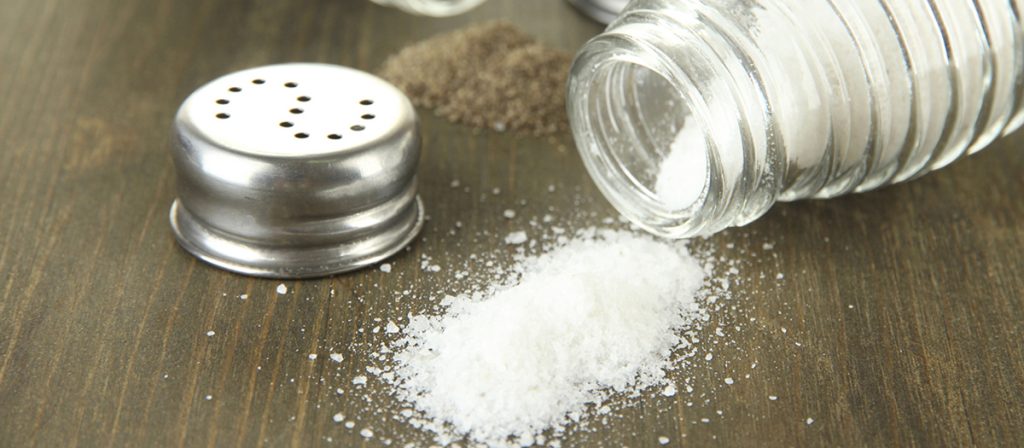Scaling-up food policy interventions to reduce non-communicable diseases in the pacific islands

Background The burden of non-communicable disease (NCDs) is exceptionally high in the Pacific Island region accounting for 80% of all deaths and 50% of all premature mortality. Increasing rates of NCDs are linked with the transition from diets based on locally grown foods, to diets high salt, fat and sugar, including from processed packaged foods. […]
Africa: Understanding the potential for salt reduction interventions to reduce the burden of diet related NCDs

Background Excess dietary sodium consumption – most commonly through the consumption of salt is a risk factor for high blood pressure, stroke, cardiovascular disease and other adverse health outcomes. Given the negative impact of excessive salt consumption on health, the WHO has urged its member states to take action at a population level to reduce […]
Science of Salt Weekly

Background Nearly every country (181 of 187) in the world consumes in excess of the WHO recommended maximum salt intake of 5g per day. The high profile provided by public health efforts has resulted in a vast number of publications on dietary salt. The rapidly growing volume of research makes it challenging to stay up […]